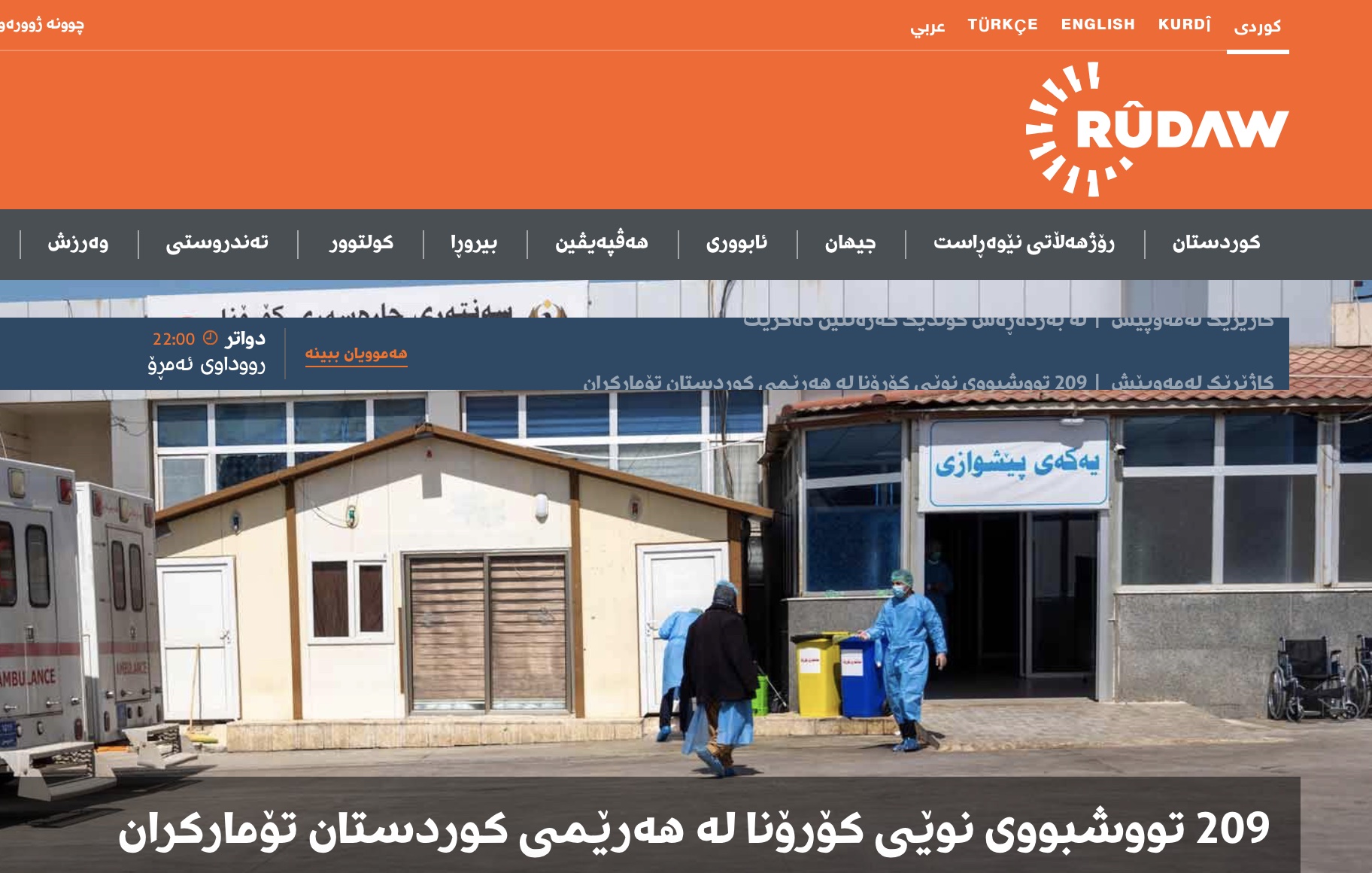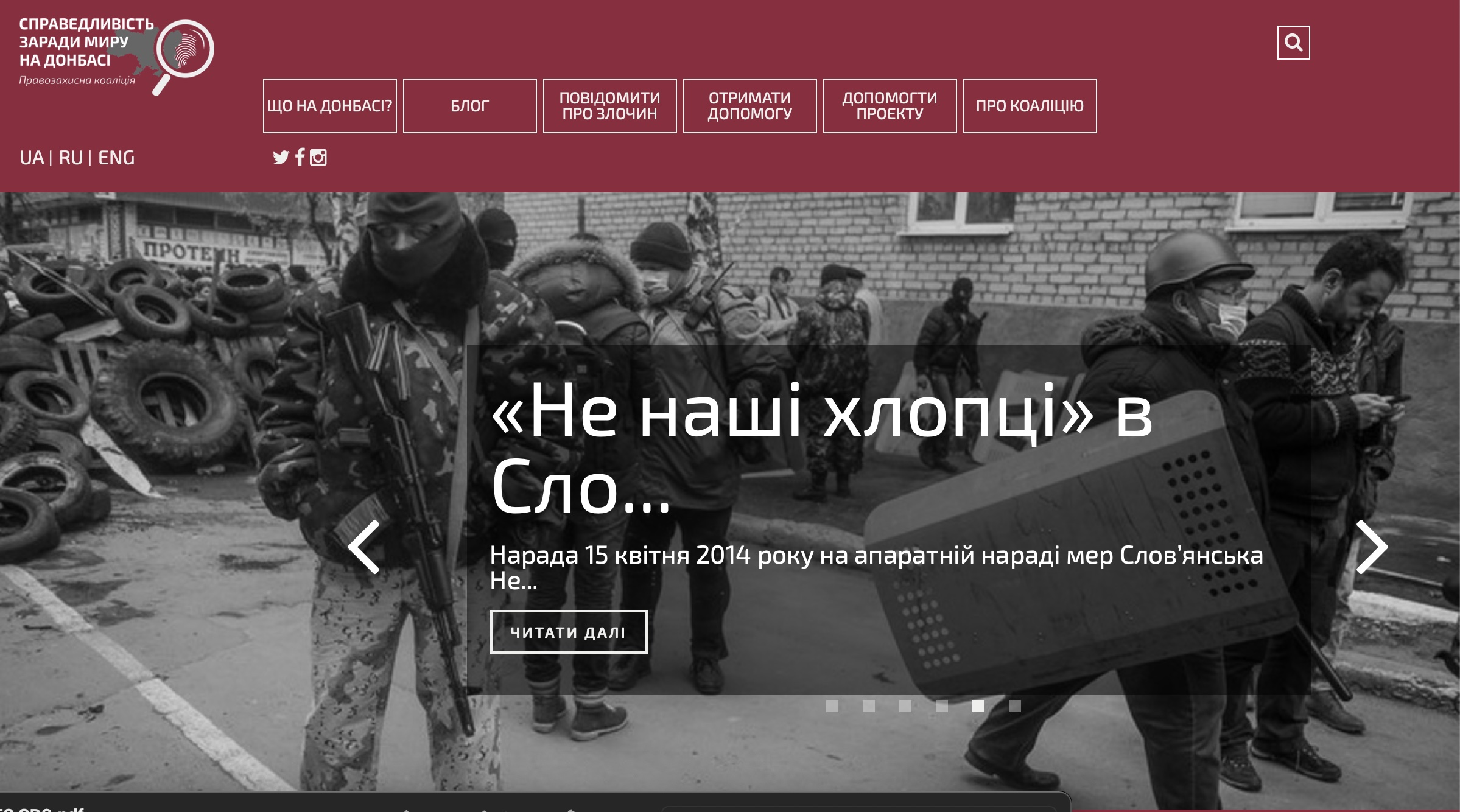


Borderlands are places situated between countries, between empires, or between spheres of political or cultural life that are considered to be separate from each other. Borderlands like the North Caucasus (effectively on the border between Russia and the Middle East) and Kashmir (on the borders of India, Pakistan, China and Afghanistan) are not well-covered by traditional research collections, which tend to focus on majority voices in historical centers of culture, literature, scholarship and political power (i.e., Moscow, Delhi, Beijing, Tehran, etc.). Similarly, many web archives tend to focus on major websites for major countries rather than smaller, more ephemeral web content written in non-dominant languages.
The Borderlands Web Archive (BWA) is intended to capture this highly-multilingual online content, which is at increased risk of disappearing due to political, linguistic, historical, religious, social, environmental and/or other factors. In many cases, the borderlands selected for inclusion in the BWA have a history of internal and external conflict and complicated relationships between diasporas, refugees, and former colonial or imperial legacies, making it likely that online content produced by various actors will change rapidly and/or be removed from the Web at unpredictable intervals.
Details
- Collection Period: May 2020 to present
- Frequency of Collection: Sites in the collection are not targeted for capture on a recurring basis.
- Languages: Collection material is in various languages, including Armenian, Japanese, Russian, Kumyk, Kurdish, Crimean Tatar, and Abkhaz.
Scope
- Websites of small local organizations and local news outlets.
- Websites created for a local or regional audience by interested local individuals like journalists, scholars, clergy, etc.
- Websites originating outside the designated geographical region that have a strong connection to it (i.e., via a diaspora and/or refugee community) and/or a strong focus on it (i.e., an academic or human rights organization focused specifically on that region or conflict).
- Websites that contribute to a wide range of perspectives on specific conflicts and borders.
- Websites that may be particularly vulnerable to political, cultural, or economic change, including:
- Websites in local or regional languages.
- Websites connected to local or regional ethnic or religious groups that are under pressure from neighboring groups or external factors.
- Websites that express a strong political viewpoint.
